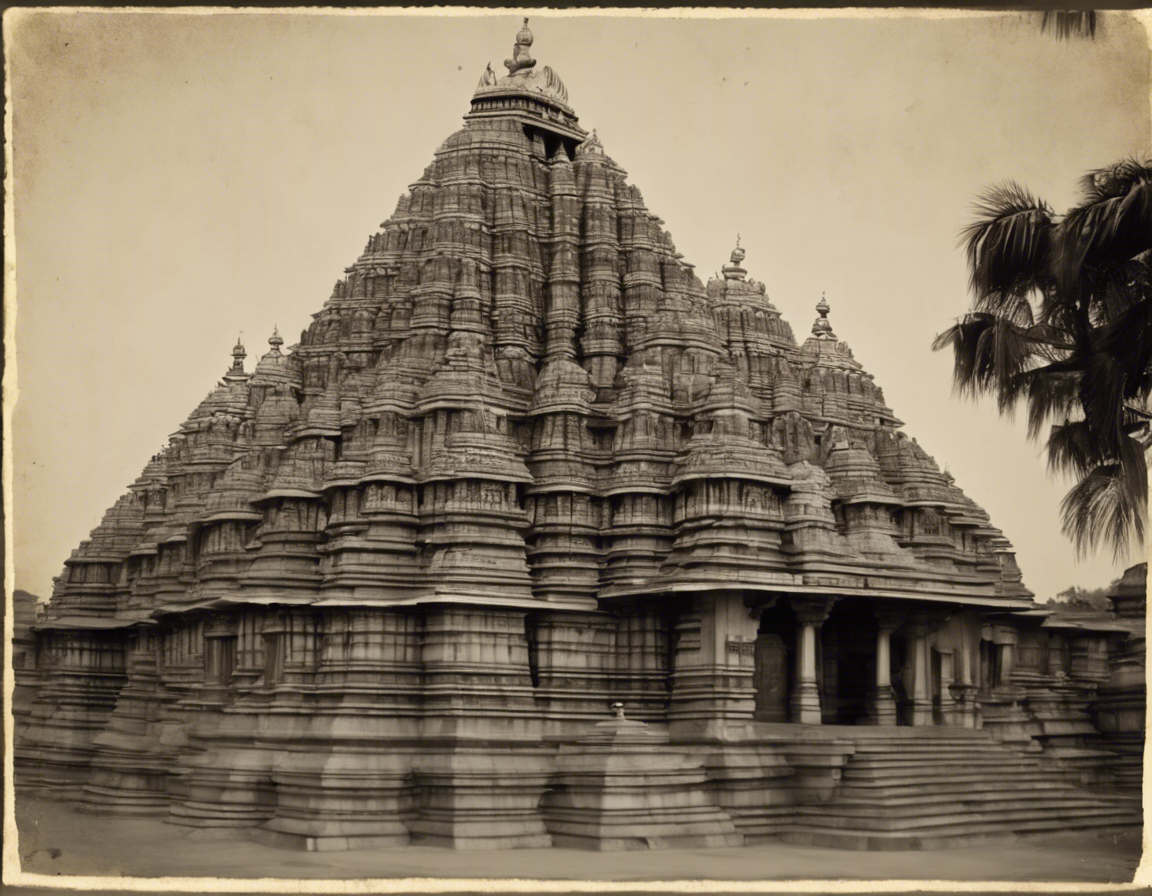The Puri Jagannath Temple is one of the most revered Hindu temples located in Puri, Odisha, India. The temple is dedicated to Lord Jagannath, a form of Lord Vishnu, along with his siblings, Lord Balabhadra and Devi Subhadra. The Parikrama, or the circumambulation of the temple, holds immense spiritual significance for devotees. Let’s delve deeper into the experience of undertaking the Puri Jagannath Temple Parikrama.
Understanding the Parikrama
The Parikrama is a ritual of circumambulating a sacred place, deity, or object. In the context of the Puri Jagannath Temple, the Parikrama involves walking around the temple complex, covering a distance of approximately 3 km. Devotees believe that performing the Parikrama with devotion and dedication can cleanse one of sins and lead to spiritual enlightenment.
Preparing for the Parikrama
Before starting the Parikrama, it is essential to follow certain guidelines:
Dress Code
- Devotees are required to wear traditional attire while undertaking the Parikrama.
- Women should wear sarees or salwar kameez, and men should wear dhoti or kurta.
Inner Preparation
- Mental preparation is crucial before embarking on the spiritual journey.
- Chanting prayers or mantras can help in centering the mind.
The Walk of Faith
As you begin the Parikrama, you will be enveloped in a spiritual aura created by the chants of devotees and the scent of incense. The walk is not merely a physical activity but a sacred journey where every step is filled with devotion.
Highlights of the Puri Jagannath Temple Parikrama
- Singhadwara: The Lion’s Gate marks the entrance to the temple complex and is believed to be the threshold where divine energy flows.
- 22 Steps: Climbing the 22 steps known as Baisi Pahacha is considered auspicious as it symbolizes the 22 avatars of Lord Vishnu.
- Offerings and Prayers: Devotees can offer prayers and rituals at different shrines within the temple complex during the Parikrama.
Significance of Completing the Parikrama
- Fulfillment of spiritual vows and seeking blessings of the deities.
- Purification of the soul and seeking redemption from sins.
- Strengthening the bond with the divine and experiencing inner peace.
Frequently Asked Questions (FAQs)
1. Can anyone undertake the Puri Jagannath Temple Parikrama?
- Yes, the Parikrama is open to all devotees irrespective of their caste, creed, or gender.
2. Are there specific timings to perform the Parikrama?
- The Parikrama can be performed throughout the day, but early morning and evening are considered auspicious times.
3. How long does it take to complete the Parikrama?
- The duration of the Parikrama may vary based on individual pace, but it usually takes about 1-2 hours.
4. Are there any specific rules to follow during the Parikrama?
- Respect the sanctity of the temple, maintain silence, and refrain from clicking photographs.
5. Can elderly individuals or those with physical limitations undertake the Parikrama?
- The temple complex is wheelchair-friendly, and individuals with physical limitations can take a shortened Parikrama route.
6. Is there a specific mantra to chant during the Parikrama?
- While there is no specific mantra, chanting “Jai Jagannath” or “Om Namo Narayana” can enhance the spiritual experience.
7. What should one do after completing the Parikrama?
- Seek blessings from the priests, offer prasad at the temple, and reflect on the spiritual journey undertaken.
8. Can children accompany adults during the Parikrama?
- Children can accompany adults during the Parikrama, but adults must ensure their safety and devotional participation.
9. Are there any specific rituals to perform before starting the Parikrama?
- It is recommended to take a ritualistic bath and wear clean clothes before commencing the Parikrama.
10. What should one do if they are unable to complete the Parikrama?
- If due to any reason one is unable to complete the Parikrama, they can offer prayers from where they stopped and seek the blessings of the deities.
Embarking on the Puri Jagannath Temple Parikrama is not just a physical journey but a profound spiritual experience that nurtures the soul and strengthens the devotional connection with the divine. It is a pilgrimage that enriches the mind, body, and spirit, leaving a lasting imprint of peace and fulfillment on the heart of every devotee.

